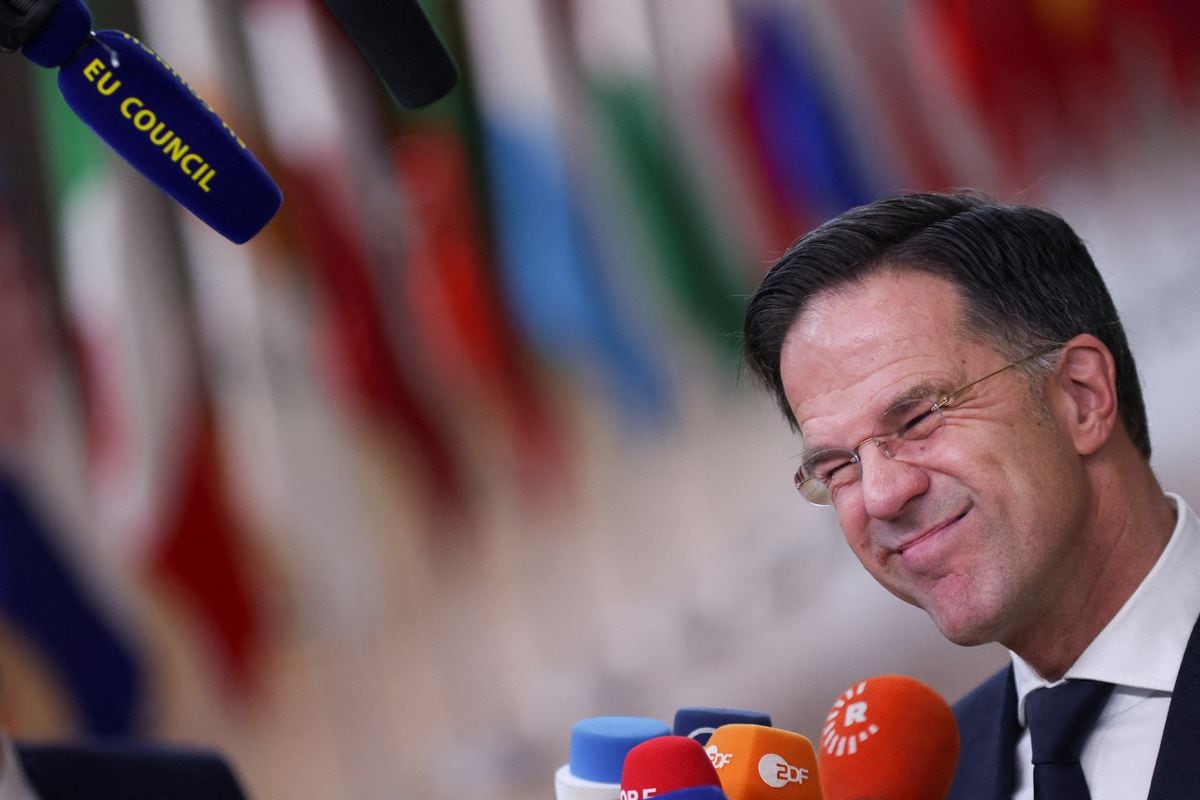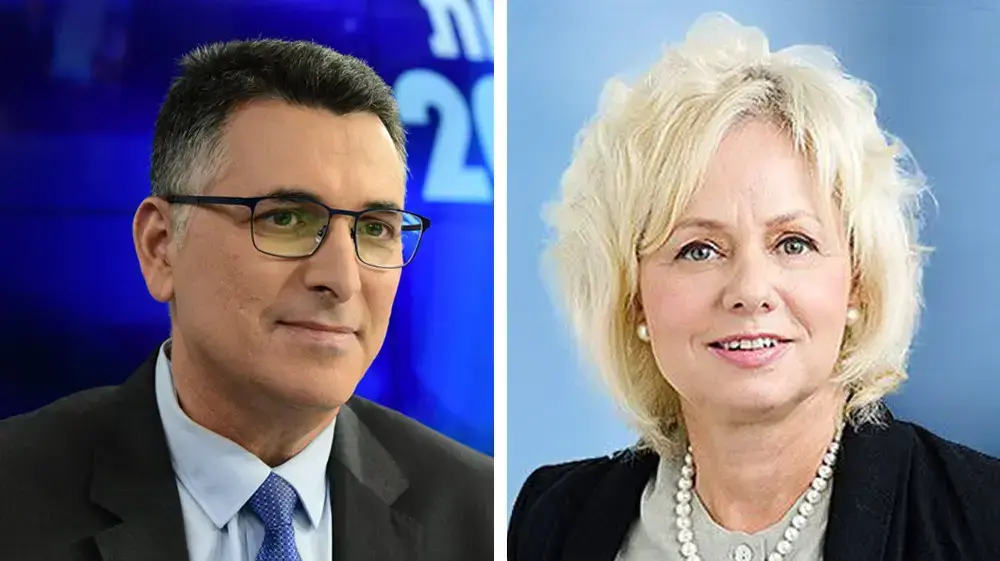The Prime Minister determines the respective state politics.
In the 16 German
federal states
there are as many
prime ministers
and
prime ministers
The
Prime Minister
is the head of government of the
state government
and represents the
state
In the
Prime Minister's
Conference, the respective office holders agree on a joint approach
The
Prime Ministers of
the Federal Republic of Germany have an important position in the political system.
Regardless of whether in the individual city-states as
mayor and senate president
or in the federal states as official
prime minister
- in the federal system of the Federal Republic of Germany the federal states have a balancing function.
At the same time, it is the
task of the federal states
to ensure a balance of power in the Federal Republic.
Each federal state has its own interests, which the
Prime Minister promotes
with his government staff.
After all, it is the
electorate of a federal state
that is responsible for the
election of the state parliament
and thus
Appointment of the Prime Minister is
responsible.
Prime ministers of the federal states and their legal position
The
prime ministers
have a strong position in the political system of the federal states.
This results legally from the state constitution.
The
Prime Minister
is the head of government of the state government.
The German
federal states
are independent member states with partial sovereignty.
The office of the
Prime Minister
is the equivalent of the Federal Chancellor at state level.
The Prime Minister and his duties
The
Prime Minister
determines the guidelines for state policy.
As head of
government
, he manages the business of the respective
federal state
.
At the same time, he is responsible for
representing the state
externally.
Representation takes place primarily in the
Federal Council
.
The tasks of the Federal Council are all aimed at exerting influence of the federal states on matters at national or European level.
The
Prime Minister
appoints
the state ministers
as head of government
.
He can also dismiss them and assign them tasks.
In addition, the office holders take on representative tasks for the respective federal state.
The Federal Council is located at Leipziger Strasse 3-4 in Berlin.
Prime Ministers: How they are elected
The respective state parliaments elect the
Prime Ministers
.
The specific designation of the state parliaments differs depending on the state:
Berlin: House of Representatives
Bremen and Hamburg: citizenships
Other federal states: state parliaments
In a
secret ballot
, the members of the state parliament elect the head of
government
for the coming election period.
The Prime Minister's Conference
The
Prime Minister's
Conference is an unofficial body that organizes cooperation between the 16 federal states.
The
prime ministerial
conference will focus on country-specific issues such as
education policy
.
The responsible persons in the individual
federal states
advise on laws, coordinate the positions of the
federal states
and organize representation vis-à-vis the federal government.
The
Prime Minister's
Conference takes place four times a year.
If there is a special need there are further meetings.
One of the
prime minister
has
presided
over the conference.
This changes annually according to a defined sequence.
The incumbent
mayor of Berlin Michael Müller
(* December 9th, 1964) has been chairman of the MPK
since October 1st, 2020
.
He will be succeeded by the Prime Ministers of the following federal states over the next five years:
North Rhine-Westphalia
Lower Saxony
Hesse
Saxony
Rhineland-Palatinate
Current well-known prime ministers in Germany
The level of public awareness of some of the prime ministers differs significantly.
This depends, among other things, on the political ambitions and relevance of the state.
Traditionally, the
federal states of North Rhine-Westphalia
or Bavaria are more important than the Saarland or Saxony-Anhalt.
The following
prime ministers
are currently
in public presence:
Prime Minister of Bavaria:
Markus Söder (* 05.01.1967)
Prime Minister of
North
Rhine-Westphalia:
Armin Laschet (* 18.02.1961)
Prime Minister of Baden-Württemberg:
Winfried Kretschmann (* May 17, 1948)
There are currently 14 men and two women in office. The
female Prime Ministers
are Malu Dreyer (* 06.02.1981) from Rhineland-Palatinate and Manuela Schwesig (* 23.05.1974) from Mecklenburg-Western Pomerania. The
most prime ministers
are from the
CDU / CSU and SPD
. Die Linke and the Bündnis 90 / Die Grünen party each provide one incumbent.















